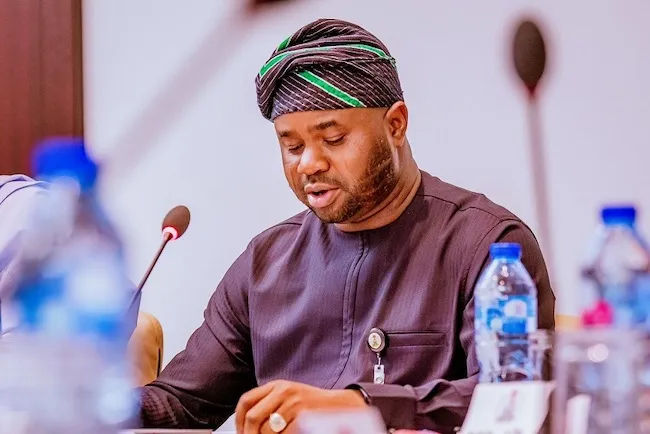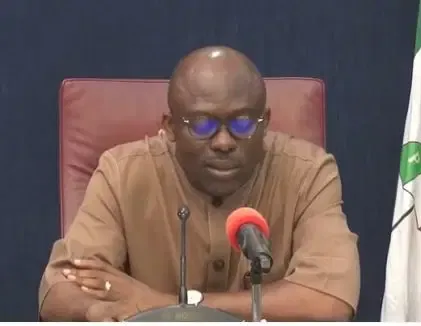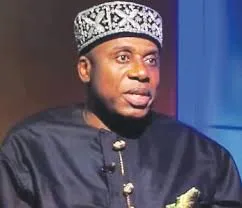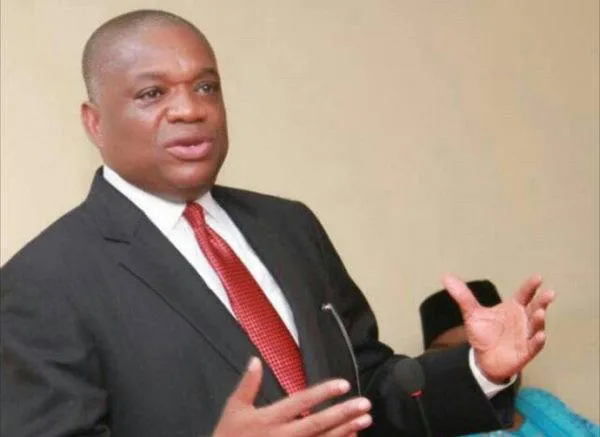The Federal Inland Revenue Service (FIRS) has revealed the Federal Government’s ambitious plan to generate N5 trillion in Value Added Tax (VAT) revenue in 2024, alongside efforts to address tax gaps and align with ECOWAS directives on tax reform. Speaking at a press conference organized by the Support Programme for Tax Transactions in West Africa, FIRS Chairman Zacch Adedeji outlined the government’s fiscal strategy, emphasizing increased VAT rates and expanded tax collection measures.
Adedeji, represented by agency official Mr. Matthew Osanekwe, highlighted the upward trajectory of VAT revenue since 2019, culminating in N3.6 trillion in 2023. He underscored the government’s commitment to aligning with Article 30 of the ECOWAS VAT reform, allowing member states flexibility in setting VAT rates within a specified range.
Furthermore, the FIRS anticipates generating N19.41 trillion in revenue in 2024, marking a significant increase from previous years. Osanekwe emphasized the proposed amendments to VAT legislation, which could see rates rise to N5 trillion, pending approval by the National Assembly.
The FIRS is actively working to broaden the VAT collection scope, including taxation of non-resident resource suppliers such as Google and Amazon, as well as leveraging collection agents like Deposit Money Banks and telecommunication companies. Additionally, efforts are underway to transition from the Net Profit method to the Full Consumption method of tax collection, in line with international best practices.
Collaborating with the United Nations Development Programme, the FIRS is conducting VAT gap analysis and workforce training to enhance revenue collection efficiency. These initiatives aim to address identified tax gaps and facilitate the realization of the N5 trillion VAT revenue target in 2024.
At the conference, Mr. Massimo De Luca of the European Union Delegation to Nigeria underscored the importance of VAT reform and expressed optimism about its potential impact. He cited citizen perceptions of resource misuse by the government as a key factor hindering tax compliance, emphasizing the need for improved transparency and accountability.
Similarly, Mr. Andrew Onyeanakwe, representing the Support Programme for Tax Transactions in West Africa, outlined the organization’s objectives in implementing fiscal transition programs across ECOWAS member states. These initiatives aim to enhance domestic tax revenue mobilization capacities and foster regional economic integration.





